Throughout his revolutionary career, regardless of his position or field of work, from when he was a young cadre to when he held the position of Party and State leader, General Secretary Nguyen Phu Trong has always been concerned with the work of Party building and rectification, and the fight against corruption and negativity.

In particular, with the responsibility of Head of the Central Steering Committee on In the fight against corruption and negativity, General Secretary Nguyen Phu Trong has led and directed closely and resolutely, with many extremely important viewpoints and policies of profound theoretical and practical value, demonstrating the vision, mettle, intelligence, humanity, benevolence, and persuasiveness of the leader of our Party.
With the resolute, persistent, unceasing, non-stop leadership and direction, without any forbidden areas or exceptions, strict but very humane, and exemplary revolutionary ethics, the consistency between words and actions, actions go hand in hand with words of General Secretary Nguyen Phu Trong, the work of preventing and combating corruption and negativity has been carried out very resolutely, methodically, comprehensively, in depth, achieving many very important results, creating positive effects, spreading strongly throughout society, leaving a deep impression on cadres, party members, people and international friends.
Comrade General Secretary Nguyen Phu Trong - an exceptionally outstanding leader, typical of the qualities, talent, intelligence, and mettle of a loyal communist soldier, who devoted his whole life to the country and the people, has left us forever, but the thoughts and viewpoints of the General Secretary will forever be the "compass" for the actions of our entire Party, army, and people.
Comrade General Secretary Nguyen Phu Trong - an exceptionally outstanding leader, typical of the qualities, talent, intelligence, and mettle of a loyal communist soldier, who devoted his whole life to the country and the people, has left us forever, but the thoughts and viewpoints of the General Secretary will forever be the "compass" for the actions of our entire Party, army, and people. |
More than ever, Party committees, Party organizations and each of us, cadres and Party members, need to thoroughly grasp the ideology and guiding viewpoints of General Secretary Nguyen Phu Trong, continue to promote the work of preventing corruption and negativity, contributing to building our Party and State to be increasingly clean and strong.
Corruption is a “congenital defect” of power; the fight against corruption and negativity is a necessary, inevitable task, an irreversible trend; it must be carried out regularly, resolutely, persistently, continuously, without rest, with high determination, concrete and drastic actions and “if anyone feels hindered or discouraged, then step aside and let someone else do it.”
With rich practical experience and sharp theoretical thinking, General Secretary Nguyen Phu Trong has pointed out that corruption is a "congenital defect" of power, it takes place within us, carried out by people with positions and authority; preventing corruption and negativity is a struggle within each individual, in their own agency, organization, unit, and locality, related to material interests, money, position, honor, and reputation of organizations and individuals; affecting people with positions and authority.
Our Party and State have seen it early and have directed it to be done many times, resolutely, but there is still much work to be done and it must be done in the long term, more resolutely, with greater determination, persistence, perseverance, and cannot be hasty. The General Secretary requested that we must not be subjective or hasty, but must not avoid or hold back, but must carry out regularly, continuously, resolutely, persistently, without stopping, without slowing down, or slacking off in the fight against corruption and negativity.
Even when the Central Steering Committee on Anti-Corruption was established, he also noted that the Steering Committee is not a “magic wand” that can immediately change the situation. From that, the General Secretary often reminded us to be deeply aware of the risks and harms of corruption, which paralyzes the fighting capacity, damages the reputation, erodes the prestige of the Party, and changes the Party, not only causing loss of money and property, but also loss of people and the regime.
Therefore, the General Secretary affirmed: “The fight against corruption and negativity is a necessary and inevitable task; an irreversible trend” (1), no matter how difficult it is, we must find every way to do it, do it by all means, do it to the end, “if anyone feels hindered or discouraged, then step aside and let someone else do it” (2). The General Secretary believes that if all of us, from top to bottom, have great determination, high unity, drastic and feasible implementation measures, and close direction with a correct, sober, calm, non-extremist way of thinking, not allowing bad forces to take advantage, distort, incite, and sabotage, then corruption and negativity will definitely be prevented and gradually pushed back. And when “the furnace is hot, even fresh wood must burn”.
Fighting corruption and negativity: a necessary and inevitable task; an irreversible trend.
General Secretary Nguyen Phu Trong
Degradation in political ideology, morality, and lifestyle - the fundamental cause of corruption; must link anti-corruption with anti-negativity; link anti-corruption and negativity with Party building and rectification and political system, and socio-economic development
Along with identifying the nature and harm of corruption, the General Secretary also pointed out the objective and subjective causes of corruption and affirmed that it is mainly due to subjective causes and our own faults. In particular, the General Secretary emphasized that the fundamental and direct cause of corruption is the degradation of political ideology, morality, and lifestyle; ultimately, it is due to the inability to overcome individualism.
This is the root, the most dangerous thing that leads to corruption; on the contrary, corruption makes the degradation of political ideology, morality, and lifestyle more serious. Therefore, we must combine anti-corruption with anti-negativity, focusing on anti-degradation of political ideology, morality, and lifestyle; if we only prevent corruption of money and property, it is not enough; money and property can be recovered, but if there is degradation of morality and ideology, everything is lost; anti-negativity means to eradicate the root of corruption.
At the same time, the General Secretary requested that the fight against corruption and negativity must be linked to Party building and rectification, and socio-economic development; it is not necessary to close the door to rectify the Party; the fundamental issue in the fight against corruption and negativity is to prevent it early and from afar, but the focus is on Party building and rectification, especially preventing and combating ideological, moral, and lifestyle degradation among cadres and party members; special attention must be paid to and emphasis placed on cadre work.
Consistent with the motto of no forbidden zones, no exceptions, no matter who the person is; very strict but also very humane, treating illnesses and saving people
During his leadership of the revolution, V.I. Lenin pointed out that corrupt communist party members must be “punished mercilessly, even by shooting,” and non-party members must be “punished three times more severely” (3); President Ho Chi Minh upheld the death sentence for Colonel and Director of the Quartermaster Department Tran Du Chau, a typical example of strictness in dealing with corruption. Thoroughly grasping and creatively applying Marxism-Leninism, Ho Chi Minh Thought, and international experience, the General Secretary affirmed:
The purpose of dealing with corruption and negativity is to cure diseases and save people, to discipline a few to save thousands, to warn, deter, educate, and prevent. Therefore, the General Secretary requested that corrupt and negative acts must be resolutely and severely dealt with, but must be reasonable, emotional, humane, and compassionate, with the following principles:
The purpose of dealing with corruption and negativity is to cure diseases and save people, to discipline a few people to save thousands, to warn, deter, educate, and prevent. |
Any cadre, party member, civil servant or public employee in any position who commits a violation must be promptly, strictly and publicly handled, strictly from top to bottom, without any forbidden areas, no blank areas, no exceptions, no privileges, regardless of who the person is, without pressure from any organization or individual; if there is a case, it must be verified and clarified; actively, urgently, and clearly handled to the extent possible; if there are signs of a crime, an investigation must be initiated and if a crime is concluded, prosecution and trial must be conducted according to the provisions of the law; if the case has not yet reached the level of criminal prosecution, strict disciplinary action must be taken according to the provisions of the Party, State and organizations.
The handling process must be carried out synchronously between Party disciplinary action, State administrative discipline, organization discipline and criminal handling; Party discipline is implemented first, creating the premise for administrative discipline, organization discipline and criminal handling; Party discipline is more strict than legal handling. Not only serious acts of corruption and negativity are strictly handled, but also those who condone, cover up and assist corruption and negativity; those who take advantage of the fight against corruption and negativity to distort, incite, divide and sabotage the Party and the State. At the same time, in directing the handling of corruption and negativity, the General Secretary always requires that the handling must be strict, but also very humane:
We must detect early and handle from the beginning, not allowing small violations to accumulate into major violations; we must take education, deterrence, and prevention as the main thing, combining punishment with leniency; in handling, we must thoroughly grasp objective, comprehensive, historical, and specific viewpoints, distinguishing between those who commit violations due to personal motives and those who commit violations without personal motives and without personal motives; we must prosecute and try in absentia criminals who are on the run, according to the law; the strict handling of many officials, including high-ranking officials who commit violations, is something that no one wants, and is even very painful and heartbreaking, but for the common cause, for the strictness of Party discipline, the rule of law of the State, the purity, strength, and prestige of the Party, the State, and the will of the People, we must do it, and resolutely do it.
These are the guiding thoughts and viewpoints throughout the process of detecting and handling corruption and negativity of General Secretary Nguyen Phu Trong; thoroughly grasped and seriously implemented by Party committees, Party organizations and functional agencies, bringing about clear results in practice, creating new breakthroughs, being bright spots and outstanding marks in the work of preventing and combating corruption and negativity in recent times.
Linking anti-corruption and negativity with power control, "locking" power in an institutional "cage"
Power is always at risk of being “degenerated”, corruption is the “inborn defect” of power. Therefore, the guiding viewpoint of the General Secretary is to effectively control the exercise of power, to ensure that power is operated openly, transparently, correctly, in accordance with the principle: All power must be strictly controlled by mechanisms, must be bound by responsibility, with power comes responsibility, the higher the power, the greater the responsibility; taking advantage of and abusing power must be prosecuted and strictly handled.
The General Secretary requested: Leaders at all levels must remember that no one has absolute power outside the law; anyone who uses power must serve the people, be responsible to the people and voluntarily submit to the people's supervision.
Public funds belong to the public, so not even a cent or a cent can be spent indiscriminately; public power is for the people, so there must be no personal gain; one must be truly impartial, with a clear distinction between public and private, public first and private second, for the public and private forgotten; all work must originate from the people, for the people. Absolutely do not abuse or take advantage of power, do not rely on power to turn straight into crooked.
For those assigned positions and powers, it is necessary to constantly cultivate, practice, and regularly self-reflect and self-correct. On the part of agencies and organizations, it is necessary to pay attention to tightening discipline, using strict discipline and strict supervision so that cadres and party members know how to preserve, remember prohibitions, and keep limits; it is necessary to strengthen supervision and effectively control the exercise of power by those holding positions and powers; in personnel work and specialized, closed, and secret fields, it is necessary to pay more attention to inspection, supervision, and control of power, especially inspection and supervision from the outside; at the same time, it is necessary to publicize the process of using and exercising power according to the law for cadres and people to supervise.
Leaders at all levels must remember that no one has absolute power outside the law; anyone who uses power must serve the people, be responsible to the people, and voluntarily submit to the people's supervision.
General Secretary Nguyen Phu Trong
From there, the General Secretary requested to urgently complete and strictly implement mechanisms on power control; to establish a mechanism for people to monitor and control power in a truly effective and efficient manner; to "lock" power in a "cage" of mechanisms.
Controlling power, practicing integrity and preventing corruption and negativity must first be carried out seriously and effectively in anti-corruption and negativity agencies.
Agencies with the function of preventing corruption and negativity are agencies that are assigned a lot of power, have many specific, complex and secretive activities; and often face negative aspects in society, making it easy for cadres and civil servants to fall and be bribed. Therefore, the General Secretary requires that, more than anyone else, the agencies with the function of preventing corruption and negativity and the cadres doing this work must be honest and clean; they cannot "With their own feet still covered in dirt, hold a torch to rub other people's feet" (4).
Therefore, the fight against corruption and negativity must first be carried out seriously and effectively in the anti-corruption and negativity agencies. For the staff working in the fight against corruption and negativity, the General Secretary set higher demands on responsibility and courage, with extremely profound and profound advice:
“We must have a heart filled with revolutionary enthusiasm, ready to act for the country and the people; have a head full of courage and intelligence to overcome any difficulty and defeat any enemy; have strong legs and clean hands to stand firm, stand straight and reject all trivial temptations, maintain the honor of a cadre…; “As long as the Party exists, we exist”, worthy of being the sharp “sword”, the solid steel “shield” of the Party, the State and the people” (5).
Even for the members of the Steering Committee for Anti-Corruption and Negative Activities, the General Secretary also requested that they uphold their responsibilities, be truly exemplary models, resolutely fight against corruption and negative activities, have enough courage, qualities, and qualifications to be worthy of the trust, affection, and aspirations of the people; if anyone is involved in corruption and negative activities, "I" (the Party and the State) will deal with them first.
Consistently implement the "four no's" mechanism in preventing corruption and negativity: "cannot", "don't dare", "don't want", "don't need" corruption and negativity
To achieve the goal of preventing and repelling corruption and negativity, the General Secretary directed: It is necessary to build a strict prevention mechanism so that corruption and negativity are “impossible”; a strict deterrent and punishment mechanism so that corruption and negativity are “not dared” to occur; and a guarantee mechanism so that corruption and negativity are “not wanted” or “not needed”.
This is both a comprehensive viewpoint and motto in preventing corruption and negativity, and also one of the valuable lessons learned by the General Secretary through more than 10 years of directly leading and directing the work of preventing corruption and negativity.
To effectively implement the "four no's" motto, according to the General Secretary, it is necessary to perfect the institutions in the socio-economic fields, prevent corruption and negativity, build the Party and the political system very closely, without loopholes or shortcomings, so that "corruption and negativity cannot be committed"; promptly detect and handle acts of corruption and negativity strictly, without forbidden areas or exceptions, so that "no daring to commit corruption and negativity"; build a culture of integrity, no corruption and negativity into a way of life for cadres, party members, civil servants, public employees and all classes of people, so that "no corruption and negativity is desired"; implement a regime and remuneration policy appropriate to the contributions and talents of cadres, civil servants and public employees, so that "no corruption and negativity is needed".
Mobilizing the strength of the entire political system, relying on the people, building a solid "people's hearts" position in preventing corruption and negativity
During his revolutionary activities and leadership, General Secretary Nguyen Phu Trong has always thoroughly grasped the invaluable historical lesson of “the people are the root”; truly believed in, respected and promoted the people’s right to mastery; strengthened relations with the people, listened to their opinions, and relied on the people. Practice has shown that there is nothing that the people do not know, nothing that can be hidden from the people; only by fully promoting the people’s strength can we push back corruption and negativity, creating an irreversible “movement and trend”.
Therefore, the General Secretary repeatedly emphasized: The great strength and driving force of the fight against corruption and negativity is the consensus, support, response, and active participation of the people and the entire political system and the press, with the core being the agencies with the function of preventing corruption and negativity, such as internal affairs, inspection, auditing, investigation, prosecution, trial, and execution. Without relying on the people, the fight against corruption can hardly succeed.
The great strength and motivation of the fight against corruption and negativity is the consensus, support, response and active participation of the people and the entire political system.
General Secretary Nguyen Phu Trong
The General Secretary cited the valuable teachings of President Ho Chi Minh to remind Party committees, Party organizations, cadres and Party members to deeply remember and implement: “We must know how to rely on the people, listen to the people, whatever the masses welcome and support, we must be determined to do and do it at all costs; on the contrary, whatever the people do not agree with, even hate and oppose, we must resolutely prevent, correct and strictly handle violations”; must “make the masses despise corruption, waste and bureaucracy; turn hundreds of millions of vigilant eyes and ears of the masses into spotlights shining everywhere, not allowing corruption, waste and bureaucracy to hide”.
The General Secretary requested to build a solid "people's hearts" position in preventing corruption and negativity.
Gradually expand the fight against corruption and negativity to the non-state sector and improve the effectiveness of international cooperation in anti-corruption.
Corruption and negativity not only occur in the state sector, but also have the help and support of subjects operating outside the state sector. On the other hand, corruption crimes are international in nature, a problem of countries.
Therefore, the General Secretary requested to effectively implement anti-corruption and anti-negativity activities in the non-state sector, while strengthening international cooperation in anti-corruption; solutions to prevent corruption and negativity must be consistent with the cultural traditions of the nation and with the socialist-oriented market economy of Vietnam.
Step up negotiations and signing of judicial assistance agreements and cooperation agreements in the fight against crime with other countries; closely coordinate with judicial agencies of other countries and international organizations to arrest and extradite corrupt criminals in hiding, transfer documents and evidence, and recover corrupt assets that have been smuggled abroad.
Actively participate in international initiatives and forums, research, and exchange experiences with countries and international organizations in anti-corruption. Internalize and implement the United Nations Convention against Corruption according to the roadmap, suitable to Vietnam's conditions. Regularly summarize and draw experiences, constantly innovate thinking, and perfect theories on anti-corruption and negativity in Vietnam.
Close coordination, "right role, know the lesson", "unanimity from top to bottom, smooth flow"
One of the lessons that General Secretary Nguyen Phu Trong has drawn from the practice of leading and directing the work of preventing and combating corruption and negativity is to focus on improving the effectiveness and efficiency of operations, promoting the core role and close, synchronous, smooth, timely and effective coordination of agencies with the function of preventing and combating corruption and negativity.
During the operation, if any violation with signs of crime is detected, the competent authorities shall immediately transfer the case file to the competent investigation agency for investigation and handling in accordance with the provisions of law; if the violation involves cadres under the management of the Party Committee, it shall be reported to the Standing Committee of that Party Committee, and the case file and documents shall be transferred to the inspection committee at the same level for handling in accordance with the Party's regulations. The comrade requested that in the fight against corruption and negativity, there must be absolutely no "fighting for my rights", "crabs rely on their claws, fish rely on their fins"; there must be "the right role, know the lesson"; "unanimity between the top and bottom, and smooth communication".
To ensure centralized and unified leadership and direction from the Central to the local level, the General Secretary directed the research and submitted to the Central Executive Committee for decision to establish a Steering Committee for anti-corruption and anti-negativity at the provincial level. Thanks to that, the work of anti-corruption and anti-negativity at the local level has had a clear change, gradually effectively overcoming the situation of "hot above, cold below", affirming the correct and timely policy of the Central Committee and of General Secretary Nguyen Phu Trong.
With 80 years of age and nearly 60 years of rich and persistent revolutionary activities, Professor, Doctor, General Secretary Nguyen Phu Trong, with his profound and sharp intelligence, has left the entire Party, the entire people and the entire army with a valuable system of ideology and theory on the path of the Vietnamese revolution in the new era. Throughout his revolutionary life, the work of preventing corruption and negativity, building and rectifying the Party and the political system has held a particularly important position for General Secretary Nguyen Phu Trong.
Our entire Party, people and army vow to unite, unite, join hands and hearts, seize opportunities, overcome challenges, continue to promote the fight against corruption and negativity, contribute to building our Party and State to be truly clean and strong; successfully realize the goal of building a peaceful, independent, unified, democratic, prosperous, civilized and happy Vietnam that the General Secretary cherished, strived and sacrificed for his whole life.
----------------------------
(1) The work "Resolutely and persistently fighting against corruption, contributing to building our Party and State increasingly clean and strong" by General Secretary Nguyen Phu Trong, page 13.
(2) Speech by General Secretary Nguyen Phu Trong at the Standing Meeting of the Steering Committee on November 18, 2022.
(3) VILenin, Complete Works, Progress Publishing House, Moscow, 1978, volume 44, p.486.
(4) Concluding remarks by the General Secretary at the National Conference summarizing 10 years of PCTNTC work in the 2012-2022 period.
(5) Concluding remarks by the General Secretary at the National Conference of internal affairs agencies to implement the Resolution of the 13th National Party Congress.
PHAN DINH TRAC
Member of the Politburo, Secretary of the Party Central Committee, Head of the Central Committee of Internal Affairs, Standing Deputy Head of the Central Steering Committee on Anti -Corruption, Anti -Corruption, the Standing Deputy Head of the Central Judicial Steering Committee
Source



![[Photo] Ministry of Defense sees off relief forces to the airport to Myanmar for mission](https://vstatic.vietnam.vn/vietnam/resource/IMAGE/2025/3/30/245629fab9d644fd909ecd67f1749123)





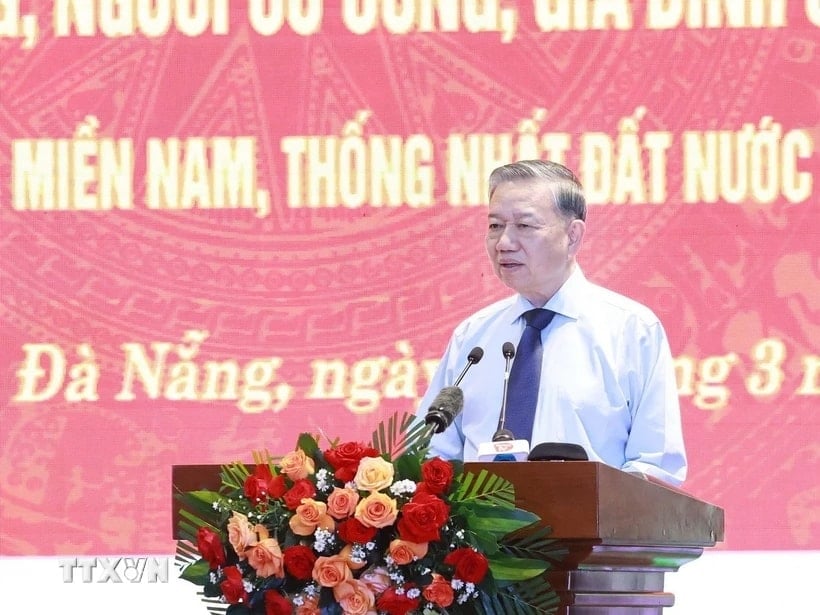
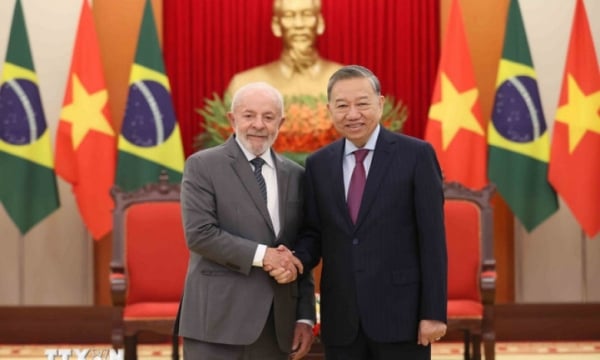
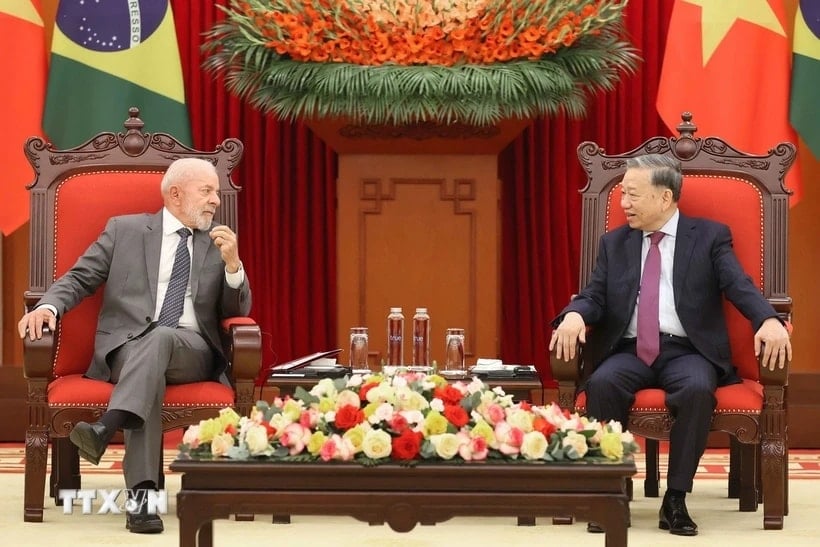
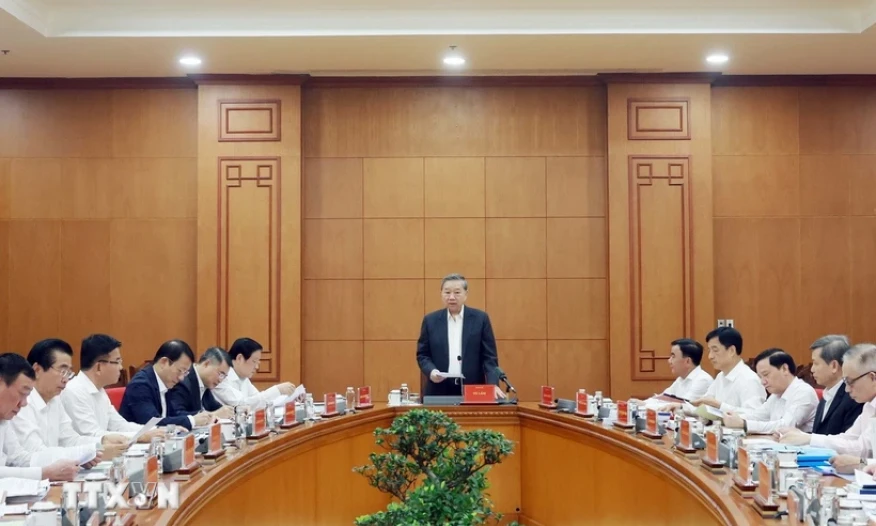
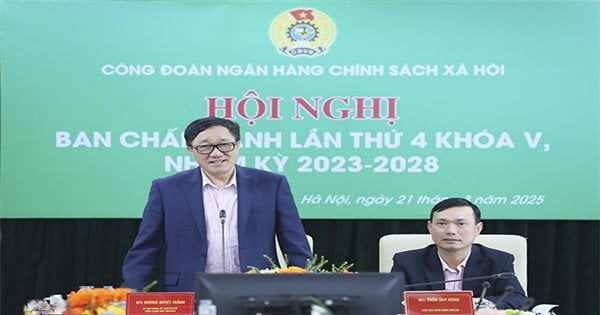


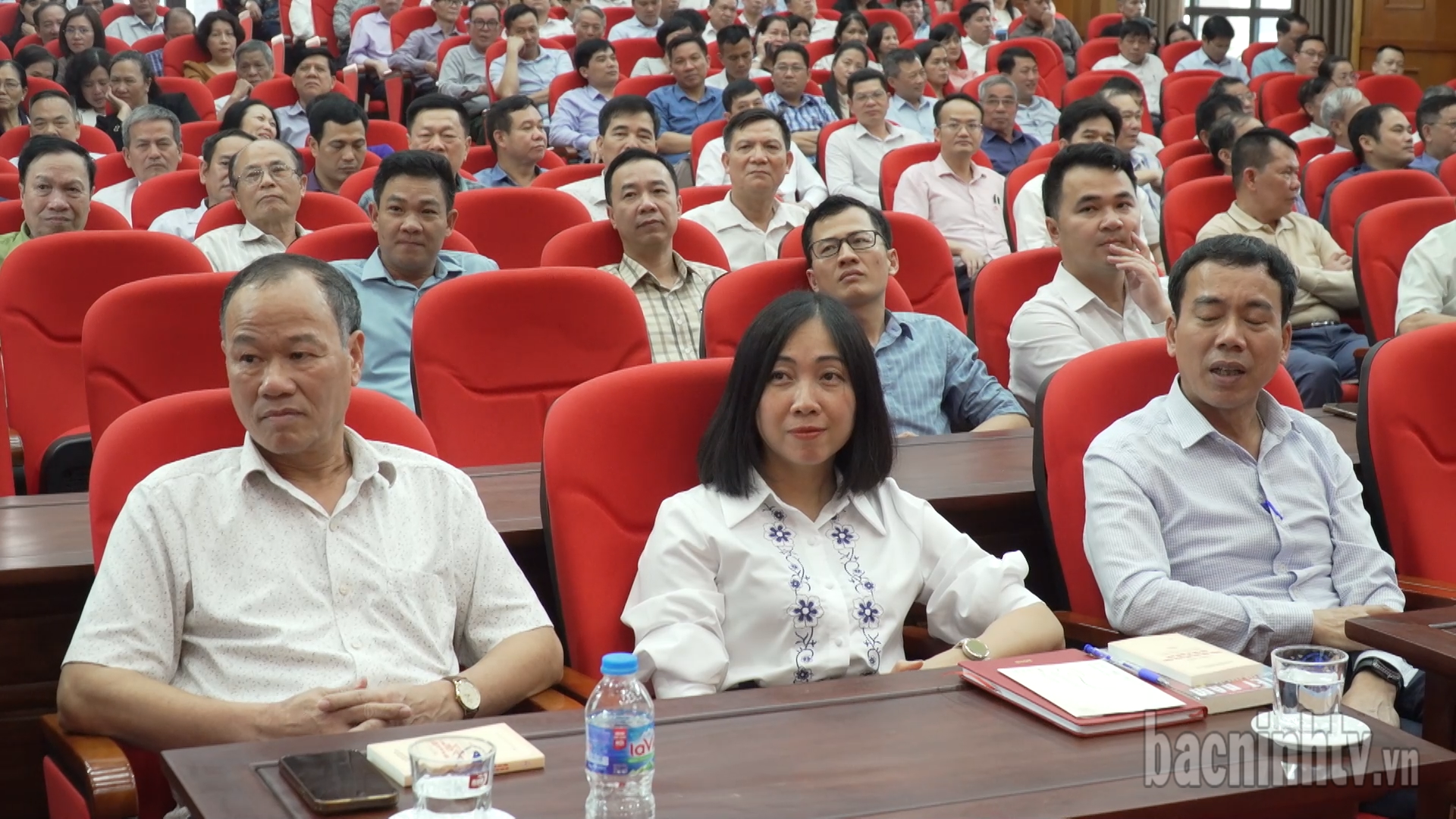
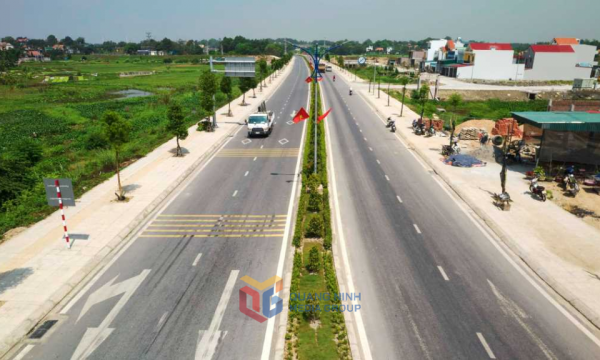

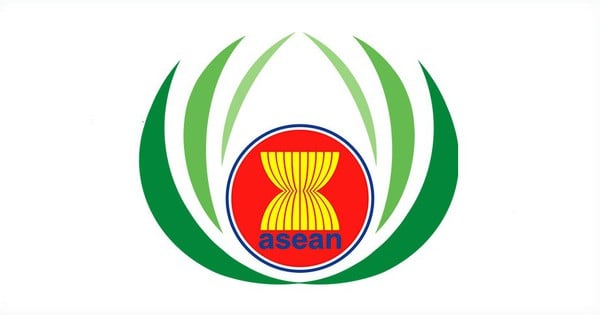
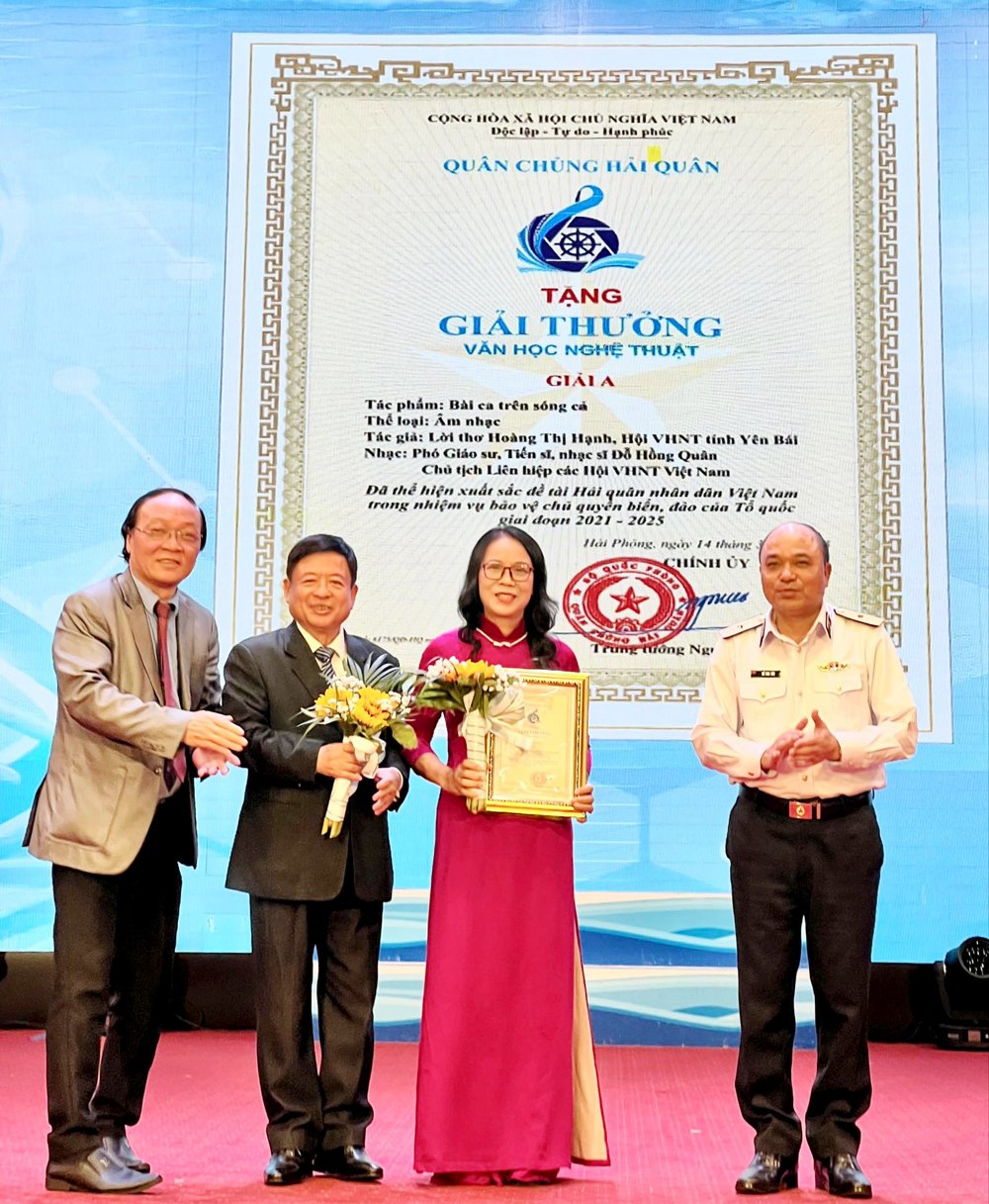





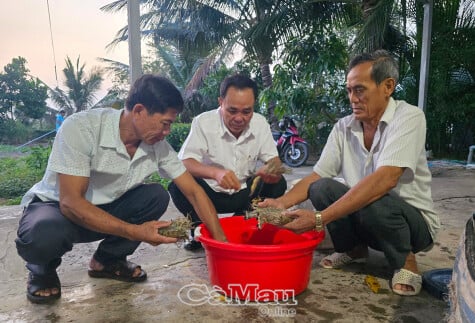
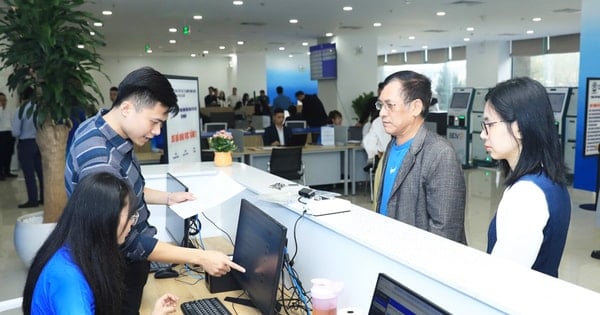


![[Photo] Prime Minister Pham Minh Chinh chairs meeting to remove difficulties for projects](https://vstatic.vietnam.vn/vietnam/resource/IMAGE/2025/3/30/7d354a396d4e4699adc2ccc0d44fbd4f)












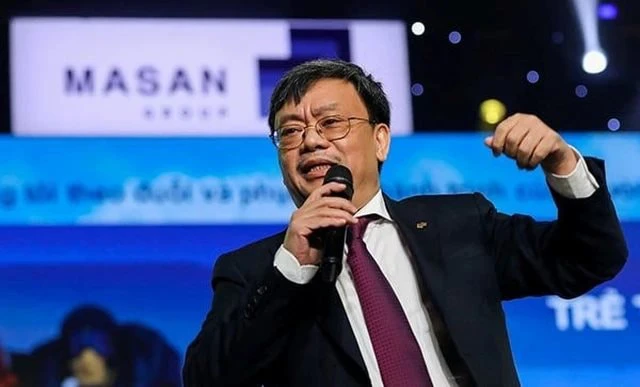



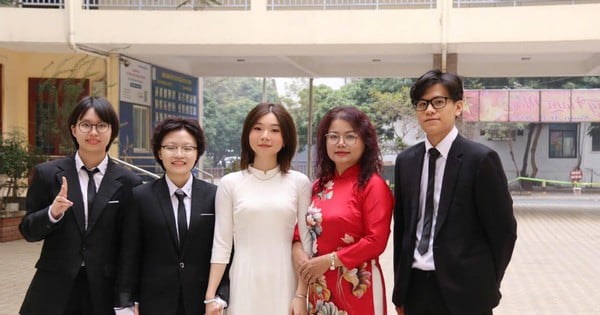

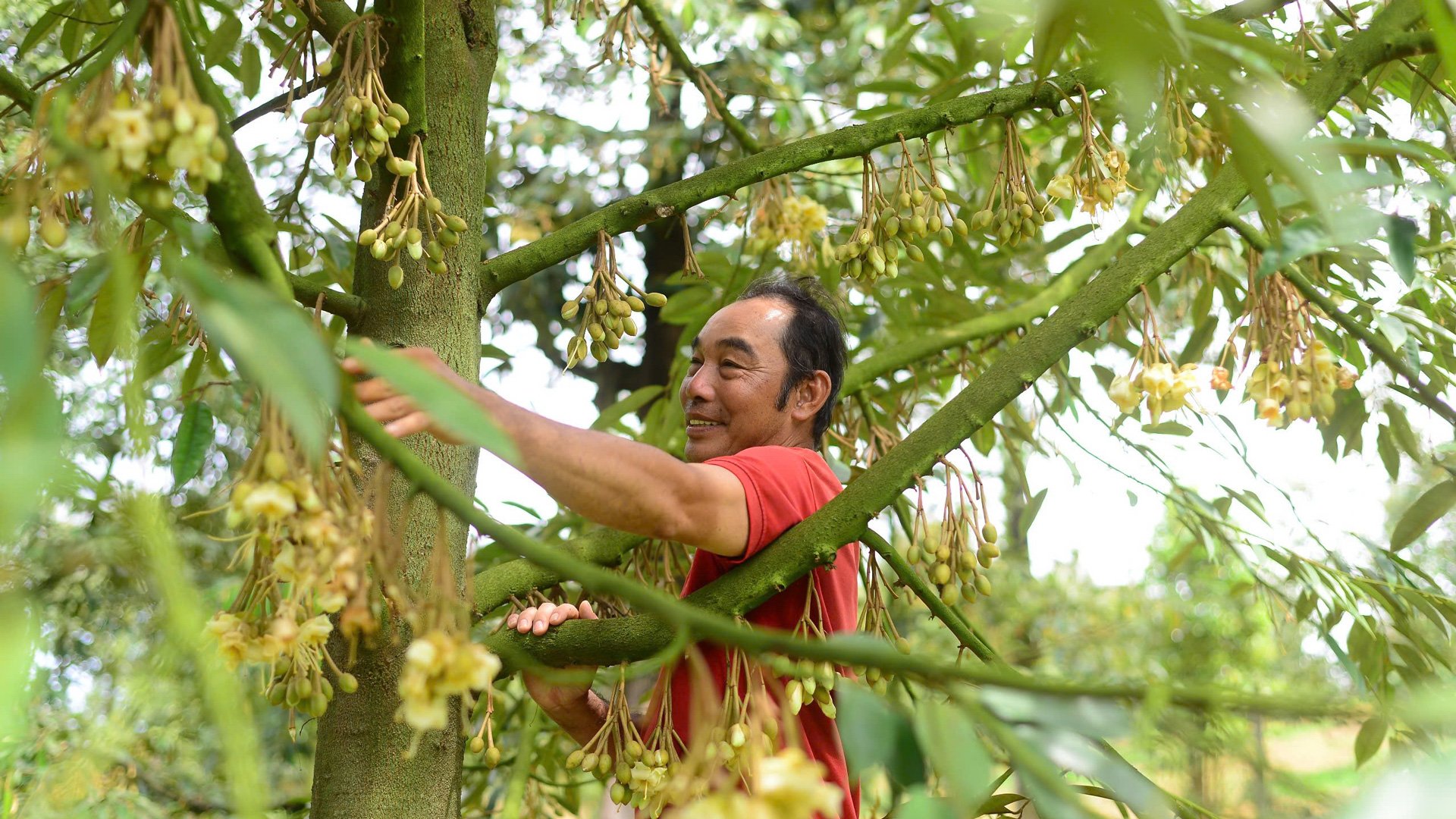














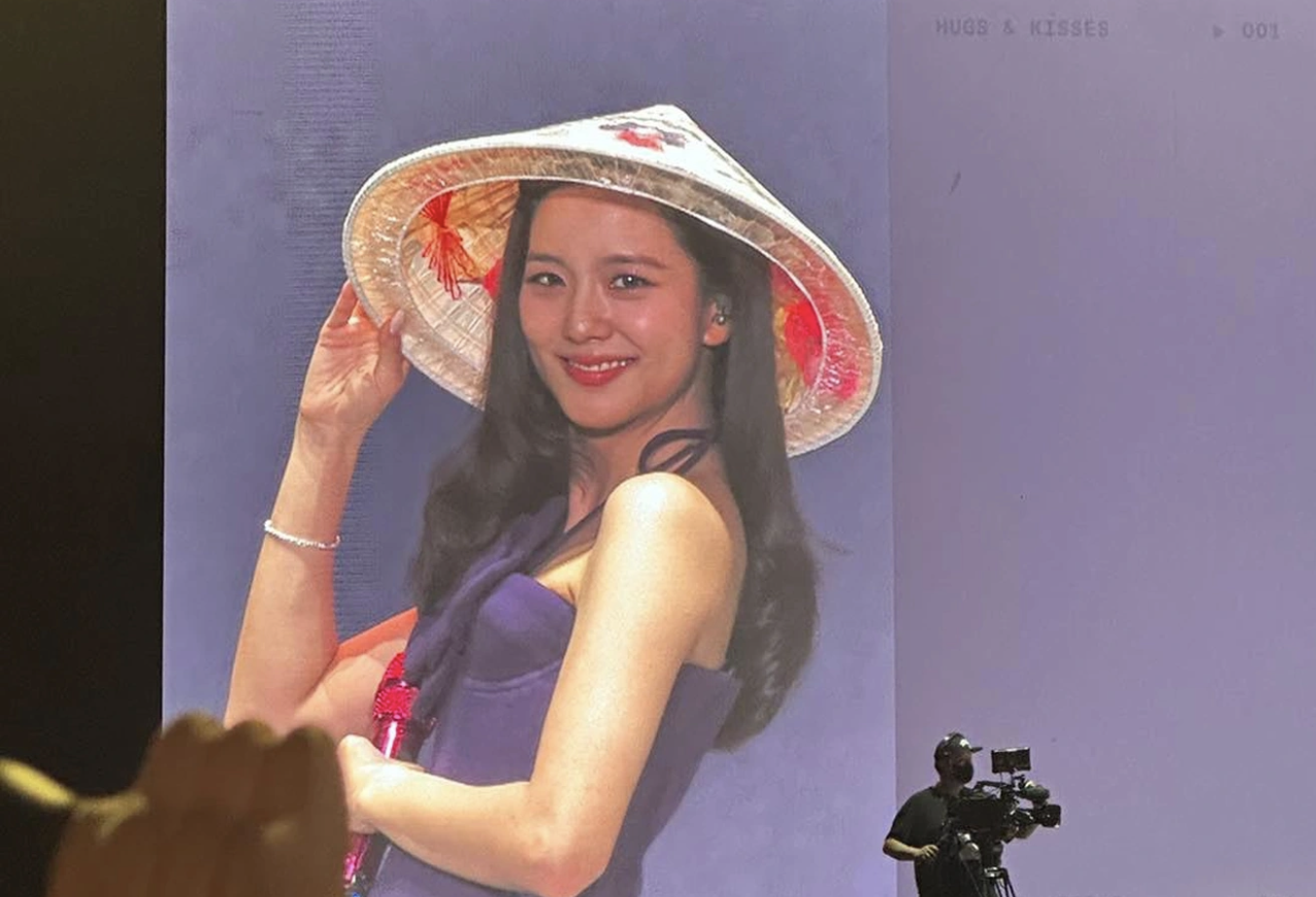

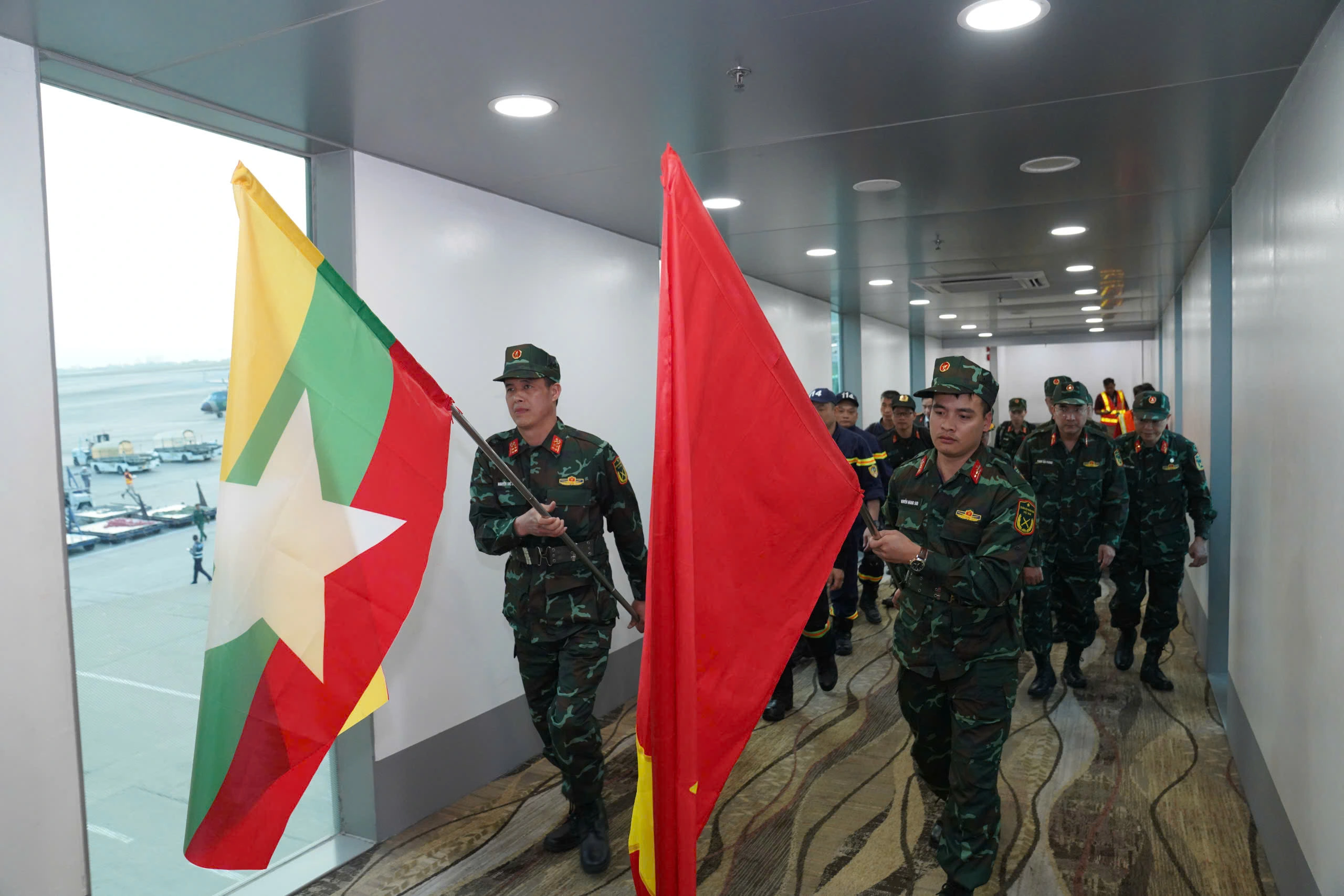


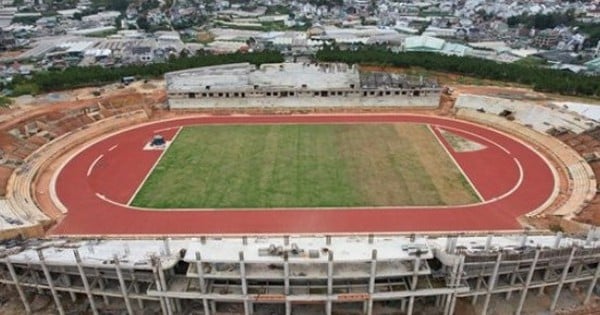

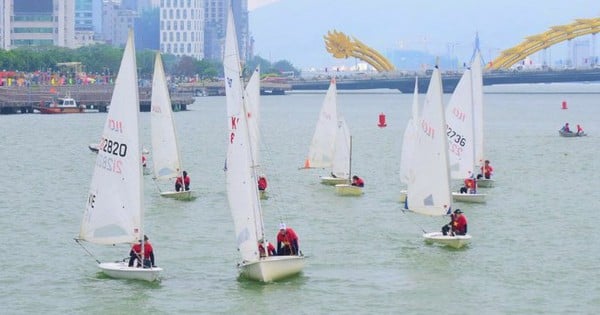
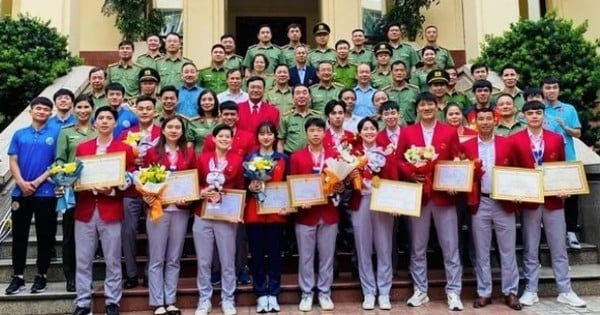

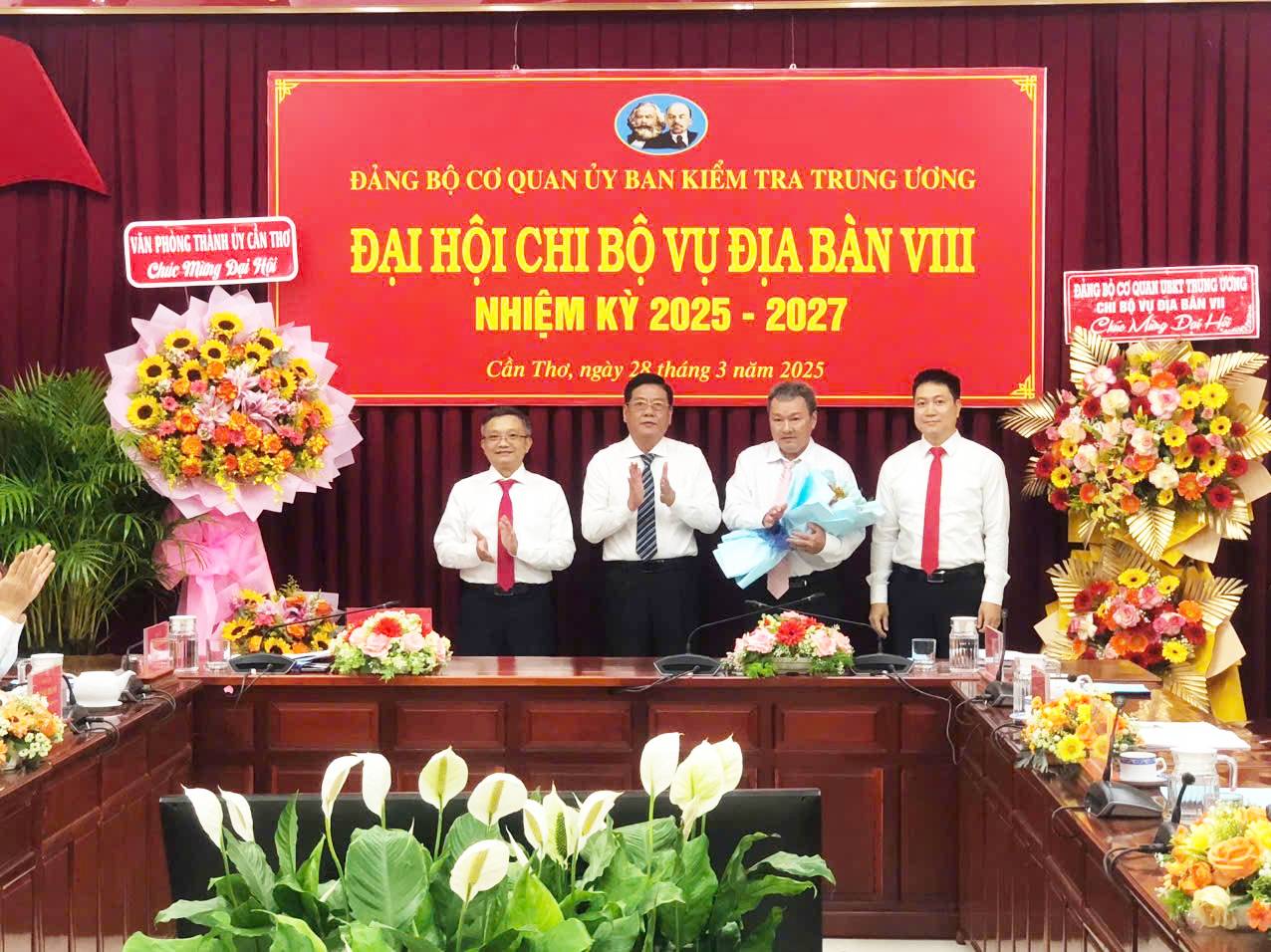

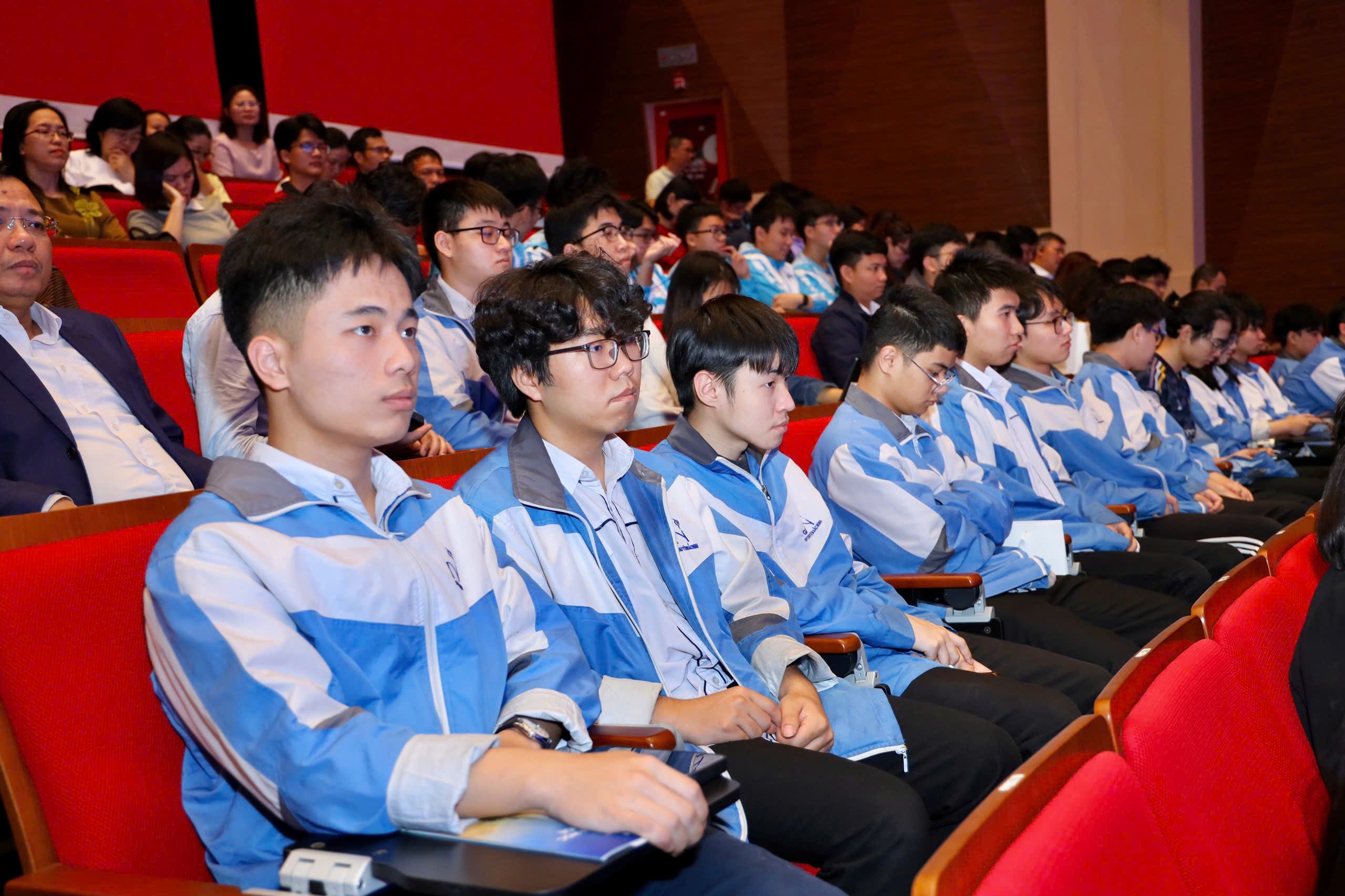

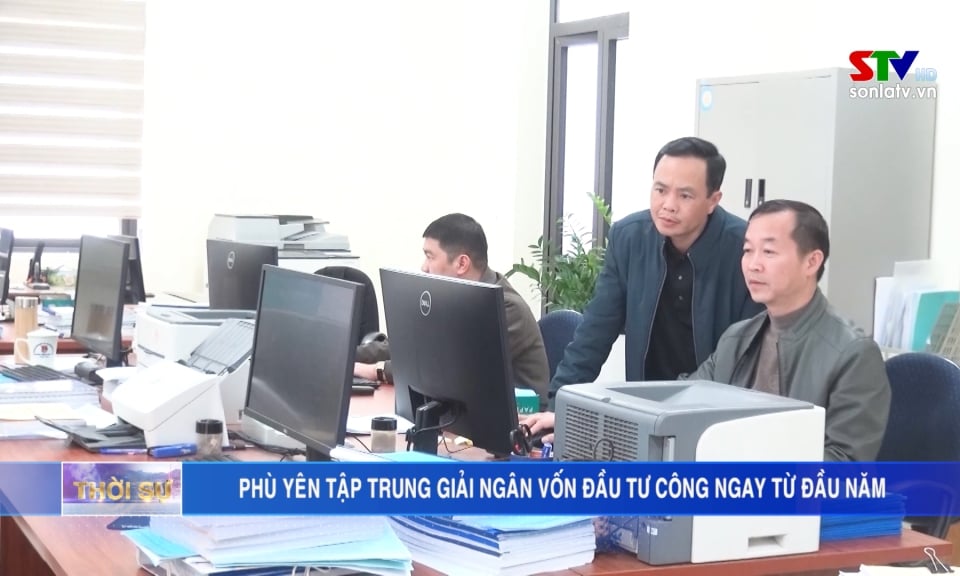
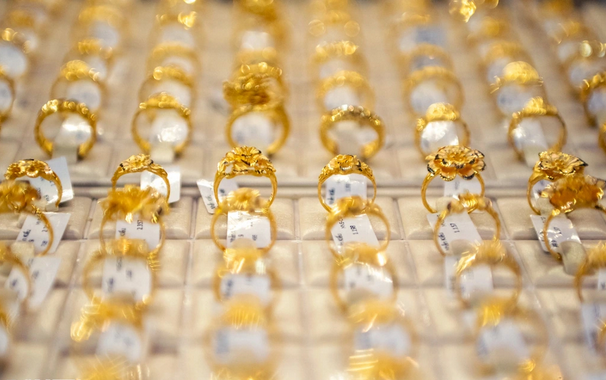




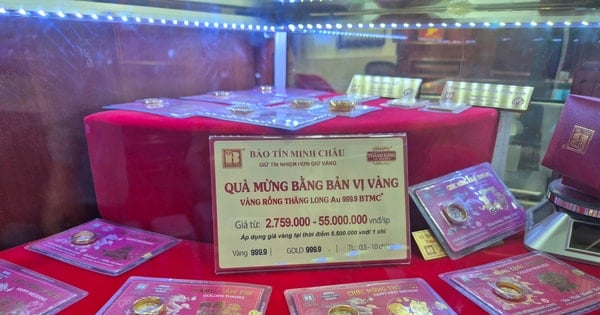








![[REVIEW OCOP] An Lanh Huong Vet Yen Cat](https://vstatic.vietnam.vn/vietnam/resource/IMAGE/2025/3/27/c25032328e9a47be9991d5be7c0cad8c)



Comment (0)